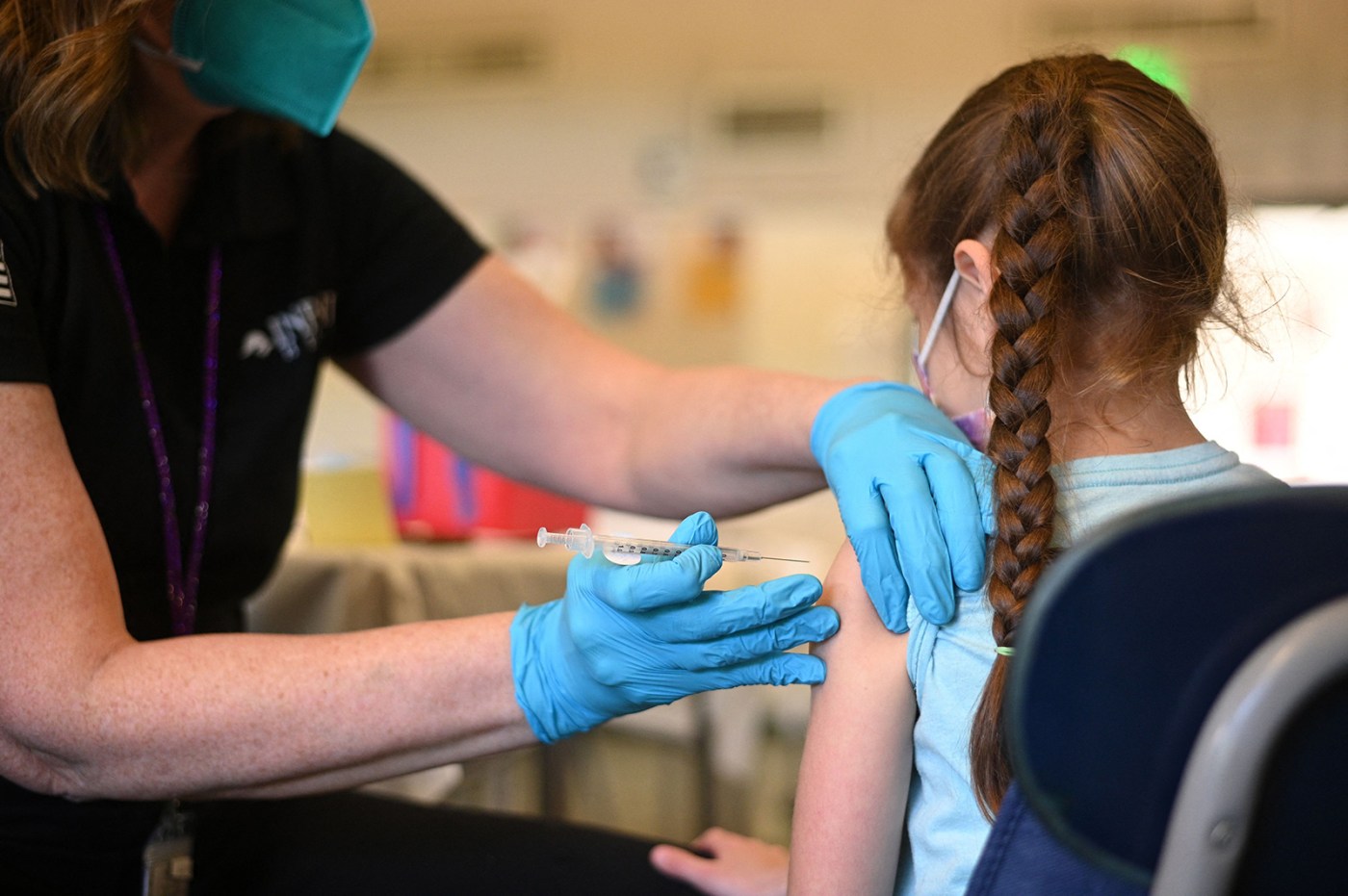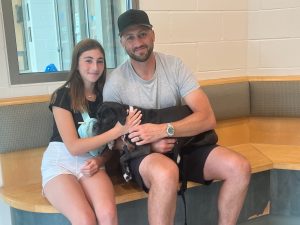
This year’s new COVID shot has been approved by FDA
This year’s newly formulated COVID vaccines are expected to start shipping in the next few days after the FDA on Thursday officially approved the new shots.
“Vaccination continues to be the cornerstone of COVID-19 prevention,” Dr. Peter Marks, director of the FDA’s Center for Biologics Evaluation and Research, said in a statement announcing that the new vaccine can be distributed to pharmacies and doctor’s offices around the country.
This is the second year with an annually re-designed mRNA COVID vaccine, and many people still have questions. So we asked two local doctors, who are also COVID experts: What do we need to know about the newest COVID vaccine? Who should get it right away? Who should wait? What if I’ve had COVID recently?
For those planning to get the newest shot, finding the right time might feel challenging, but the main factors are your risk and whether you’ve had the virus or been vaccinated in the past few months.
“Timing of the vaccine is an interesting calculus that each individual has to make in consultation with their physician,” said John Swartzberg, clinical professor emeritus of infectious diseases and vaccinology at UC Berkeley.
Swartzberg, 79, who was last vaccinated in the spring, plans to get the shot very soon as he is in a high-risk category because of his age. Peter Chin-Hong, 54, a UC San Francisco professor of medicine who specializes in infectious diseases, said he is probably going to wait a little bit.
“October is kind of the sweet spot for me. It’s my Goldilocks moment,” Chin-Hong said. If he waits, he can get the COVID and flu shot at the same time, and his protection will last longer into the holiday season, he said, but he is also not in a high-risk group.
Many insurance companies are expected to cover the cost of the vaccine, and a federal program to cover the cost for the uninsured might be extended past this month, though details are unclear.
The FDA’s announcement of the new vaccine’s emergency use authorization comes as children head back to school in the middle of a persistent summer COVID wave and with respiratory virus season just around the corner.
Chin-Hong is among those who say not everyone needs to get the new shot in a hurry.
”I think the people who should run to get the vaccine is actually the minority of population, but it is a group of people who I am worried about,” said Chin-Hong. Who should be first in line? “People who are older than 65 or very immune-compromised … who didn’t get a vaccine in the last year. That’s really the priority group,” he said.
Since last year, vaccine manufacturers, including Pfizer and Moderna, have taken the approach used for the influenza vaccination, developing a new shot each year based on the strains of the virus that are spreading and causing the most severe illness.
Last year’s COVID shot, approved and authorized by the FDA in early September, was updated to include a monovalent component corresponding to the XBB.1.5 variant of Omicron. This June, the FDA advised manufacturers to create the new vaccine based on the JN.1 strain and have further advised now that the preferred strain for formulating the new vaccine is the KP.2 sub-strain, one of the FLiRT variants.
While the FDA has authorized the shot for nearly everyone over 6 months old, there are some circumstances in which waiting is the best approach.
“If you got infected over the summer, you definitely don’t have to run out and get it … you can wait,” said Chin-Hong.
The Centers for Disease Control and Prevention says people can wait three months after infection to get vaccinated again, because infection provides some additional immunity.
While each person’s calculus might differ slightly, Swartzberg recommends the vaccine for everyone who is eligible and strongly urges high risk individuals to get one soon.
Vaccination “is a tool that’s going to give us protection, not only against COVID, but against getting long COVID,” Swartzberg said.


